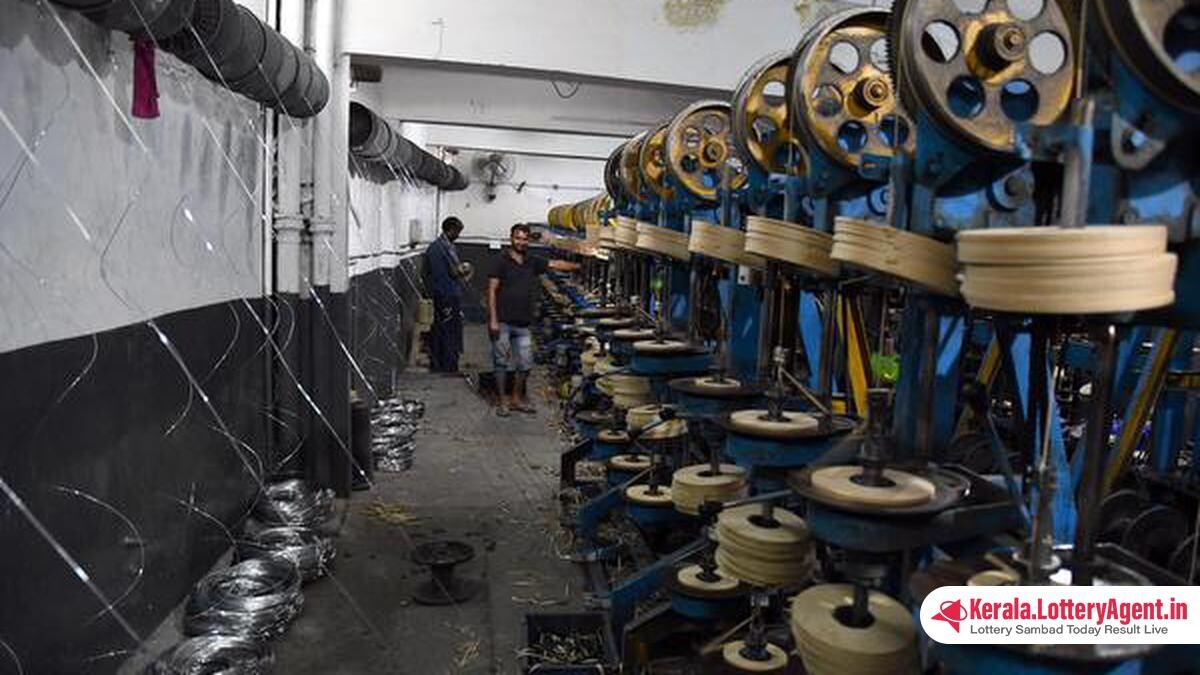
With the approach of the Lok Sabha election, the Goods and Services Tax (GST) continues to be a pressing issue amongst the micro, small and medium enterprises (MSMEs) in India, despite being in effect for over half a decade under Prime Minister Narendra Modi’s government. Numerous MSME clusters, including those in Tamil Nadu, have vocalized their struggles with the current GST slabs, which they express have hindered their operations.
These enterprises, which form the backbone of the Indian economy, account for approximately seven crore businesses across various sectors, with an estimated workforce of 12 crore people. The health of the MSME sector has a direct impact on the livelihoods of millions, as emphasized by Sudhir Jha, who presides as national convenor for the All India Manufacturers Organisation and also serves as vice president of the MSME Development Forum. Jha has significantly pointed out the vital nature of these units, suggesting that the welfare of those employed within the sector is interlinked with the success of MSMEs.
Despite their integral role in the nation’s economic fabric, many MSMEs find themselves trapped amidst complex GST requirements. Jha remarks that the majority of these businesses suffer due to a lack of resources and understanding of GST compliance, as they are often managed single-handedly. Technically, units with low turnover are exempt from GST. However, these small operations, which serve as suppliers to larger industries under the GST umbrella, are still mandated to fulfill at least minimal documentary procedures. Those that fail to comply find themselves losing business, thereby threatening their survival, as outlined by Jha.
Demands for GST reform have been particularly fervent in MSME hubs across the states of Tamil Nadu and Punjab. In Coimbatore, Tamil Nadu, the previous 18% GST rate on labor charges within the engineering sector has seen a reduction to 12% after considerable advocacy. Nevertheless, local industrialists like R. Ramamurthy, former president of the Coimbatore District Small Industries Association, strongly advocate for a more significant cut, proposing a 5% rate or complete exemption. Despite assurances from the Union government that reductions would occur once GST collections surpassed the one lakh crore mark, no such adjustments have been witnessed, engendering frustration within the industry, as expressed by V. Thirugnanam, the Association’s sitting president.
Meanwhile, the Federation of Tamil Nadu Powerlooms Associations has conveyed its concerns regarding sizable GST refunds pending for those producing viscose fabrics. B. Kandavel, the organization’s organizing secretary, stated that approximately 2,000 units in the western districts of Tamil Nadu are owed nearly ₹1,200 crore, which has lead to the closure of roughly 500 businesses.
Similarly, auto component manufacturers in Ludhiana, Punjab, grapple with a hefty 28% tax on certain components. The resultant price elevation for those vending in the spares market is of particular concern as it interferes with their ability to compete with non-GST registered entities while also manifesting in transparency and liquidity problems. Upkar Singh Ahuja, representing the Chamber of Industrial and Commercial Undertakings in Ludhiana, has presented these issues to election candidates.
Jignesh S. Adroja, secretary of the Rajkot Engineering Association, indicated the negative impact of increased GST rates on agricultural pumpsets, which have escalated from 12% to 18%. This hike impinges on farmers, as they now need to shoulder a greater cost burden for these necessary implements.
As the election nears, K.E. Raghunanthan, chairman of the Association of Indian Entrepreneurs, has called upon political parties to prioritize MSME concerns within their manifestos. The rising clamor for GST revisions among MSMEs underscores how their grievances have become a focal point in the political dialogue, affirming that the resolution to this may influence the electoral landscape.












